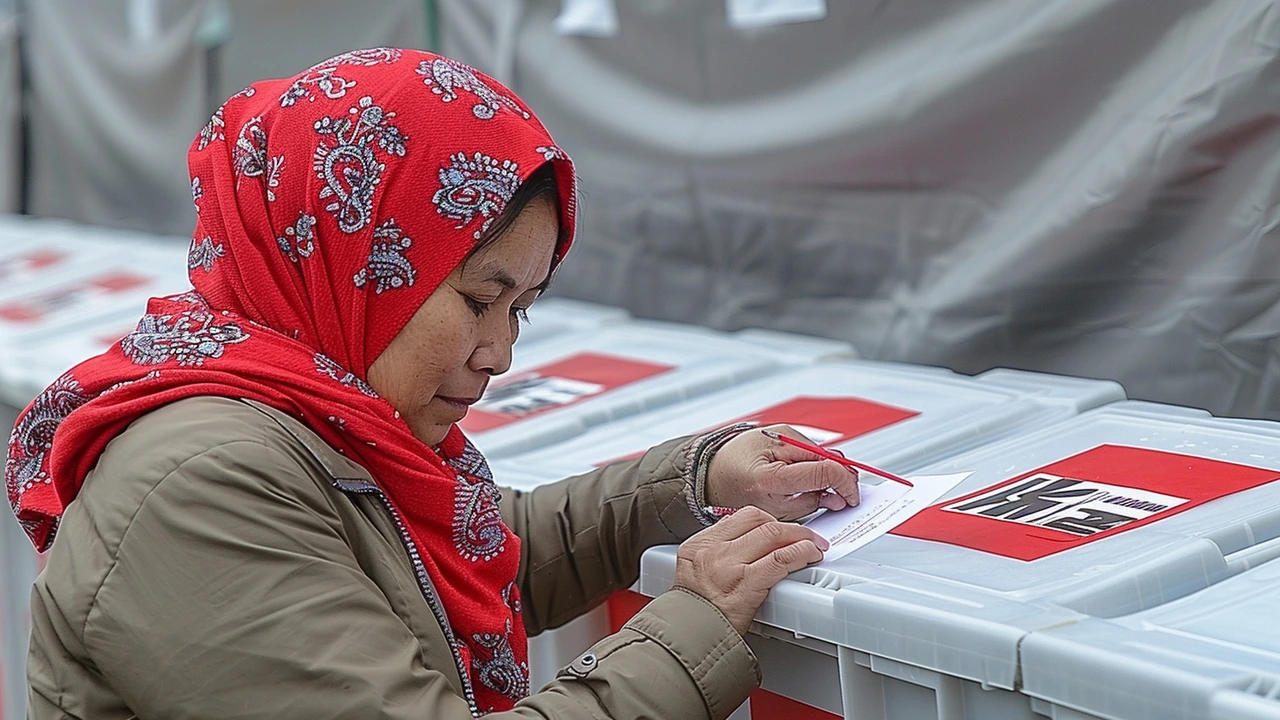Special Votes: What You Need to Know for Your Vote to Count
If you can't vote on the regular election day in South Africa, there's an option called special votes. It’s designed to help folks who might be working, sick, away, or just unable to get to their usual polling station. Understanding how special votes work makes sure your voice is heard, even if life gets in the way of normal voting.
Who Qualifies for Special Votes?
Not everyone can just walk in and ask for a special vote. This voting method is primarily for those who are physically unable to get to a voting station on voting day, including elderly or disabled people, or those who are outside their voting district. If you’re in the hospital or away on election day, special votes can come to your rescue. But you’ll need to register for this ahead of time, so it’s good to check the deadlines and requirements early.
How to Make Your Special Vote Count
Picking up your special vote requires a bit of planning. You’ll have to apply through the Independent Electoral Commission (IEC) and possibly provide proof of your situation—like a medical certificate if you’re ill or a letter from your employer if you’re working away. The IEC also organizes voting at certain places like hospitals or isolated communities to accommodate these voters.
Once you’ve applied and been approved, you’ll get your voting materials early. The idea is to ensure your vote is safely counted in the actual election results. It’s handy to follow the IEC’s guidance through their website or local offices so there’s no mix-up with your ballot.
Special votes make our democracy more inclusive, letting more South Africans participate even when circumstances aren’t ideal. Keeping track of election updates, understanding deadlines, and preparing your documents gives you a stress-free voting experience. No excuses stop your right to vote if you know about special votes!

IEC Confronts Glitches on Day One of South Africa's Special Votes
The Electoral Commission of South Africa (IEC) confronted several issues during the first day of the special voting process. The commission acknowledged discrepancies and inconsistencies, including missing ballots at some stations and complaints about the voting system. Despite the glitches, the commission felt positive about voter turnout and urged citizens to vote on May 29.